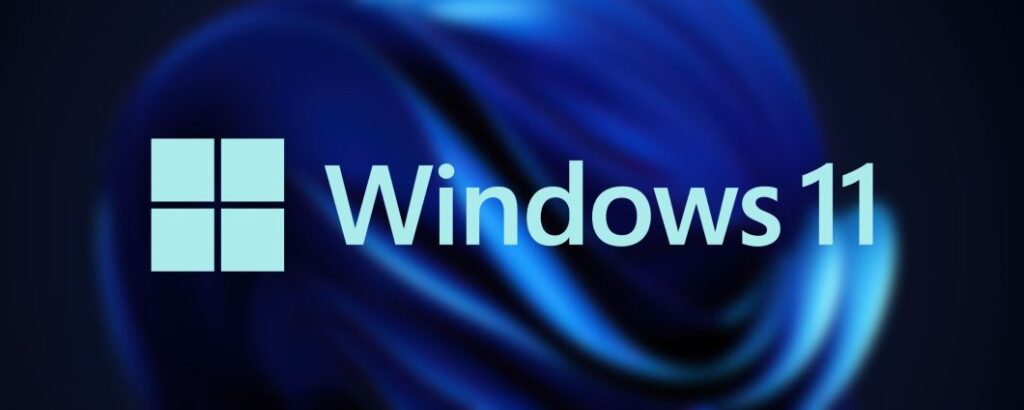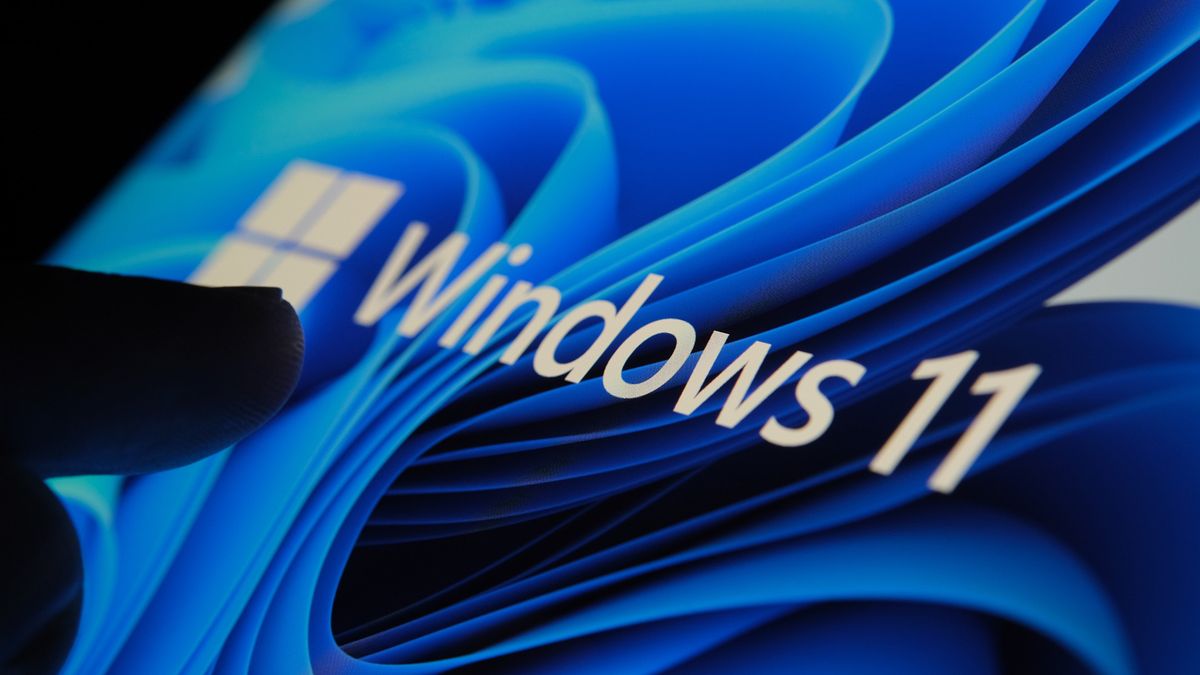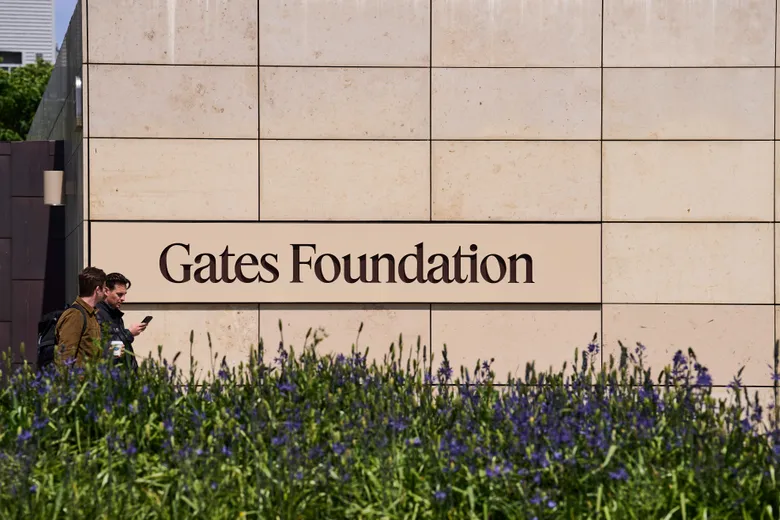
One user, who observed an 8 percent drop in gaming performance after updating Windows 11 to the Windows 11 2023 Update, found a solution provided by Microsoft that resolved the issue.
The user, identified as BNSoul on Reddit, conducted performance measurements on their AMD 5800X3D both before and after updating to Windows 11 23H2 from 22H2. They reported, “Every CPU benchmark shows significantly reduced CPU performance after updating to Windows 11 23H2 from 22H2, even after a fresh/clean install. I could add an endless list of benchmark results here, but let’s just say it’s always 23H2 5-8% slower in every single one, be it single or multi-thread compared to 22H2.”
This particular problem, at least as discussed in the Reddit thread, seems to be limited to AMD Ryzen CPUs. However, other users have also reported similar issues with PCs containing Intel 13th-gen CPUs, including on Microsoft’s own site.
After a few days, BNSoul received a response from Microsoft that seemed to provide a solution to the problem. In an update, the user shared, “Received an answer from Microsoft after 3 days. They told me to reset Windows Defender through a couple of PowerShell commands (1- ‘Set-ExecutionPolicy Unrestricted’ and 2- ‘Get-AppxPackage Microsoft.SecHealthUI -AllUsers | Reset-AppxPackage’), then reboot and enable CPU Virtualization in BIOS (SVM in my X570 BIOS). Then in Windows 23H2, open Windows Security and enable Memory Integrity under the Core Isolation settings. Restart, and Hypervisor should be running, Virtualization Security will be Enabled, and… that fixes the CPU performance issues. The CPU is now performing as in 22H2 where I had these security features disabled.”
So, put another way:
The fix requires you to open PowerShell (Win + type PowerShell), possibly in Admin mode. Then type:
Set-ExecutionPolicy Unrestricted
Get-AppxPackage Microsoft.SecHealthUI -AllUsers | Reset-AppxPackageReboot, and ensure that CPU virtualization is enabled in your BIOS.
Open the Windows Security app within the Settings menu, and make sure that Memory Integrity is enabled under Core Isolation. Reboot.
If Microsoft is right, this should hopefully fix any CPU slowdowns you’ve experienced after updating to the Windows 11 2023 Update. After applying the fix, the user said that gaming benchmarks were at their expected levels compared to Windows 11 22H2, and even some GPU benchmarks increased.




